They come for basketball. They stay for Judaism.
Every Sunday morning, a group of men in their 20s descend upon the Jewish Community Center of Great Neck, on a peninsula between Manhasset and Little Neck bays off the Long Island Sound in New York. Clad in basketball shorts, jerseys and Jordans, they look like participants in any of the dozens of JCC men’s leagues scattered across the United States. But before the shooting starts, they pause for a hallowed game day ritual: led by their spiritual coach — and the director of the JCC of Great Neck — Chabad-Lubavitch Rabbi Zevy Geisinsky, they put on tefillin and pray.
Not just any JCC, this one’s a project of Chabad of Great Neck, which counts a thriving elementary school, an after-hours Hebrew School, Friendship Circle and children’s youth groups, and a popular day camp that all under its aegis.
With all that, why a JCC?
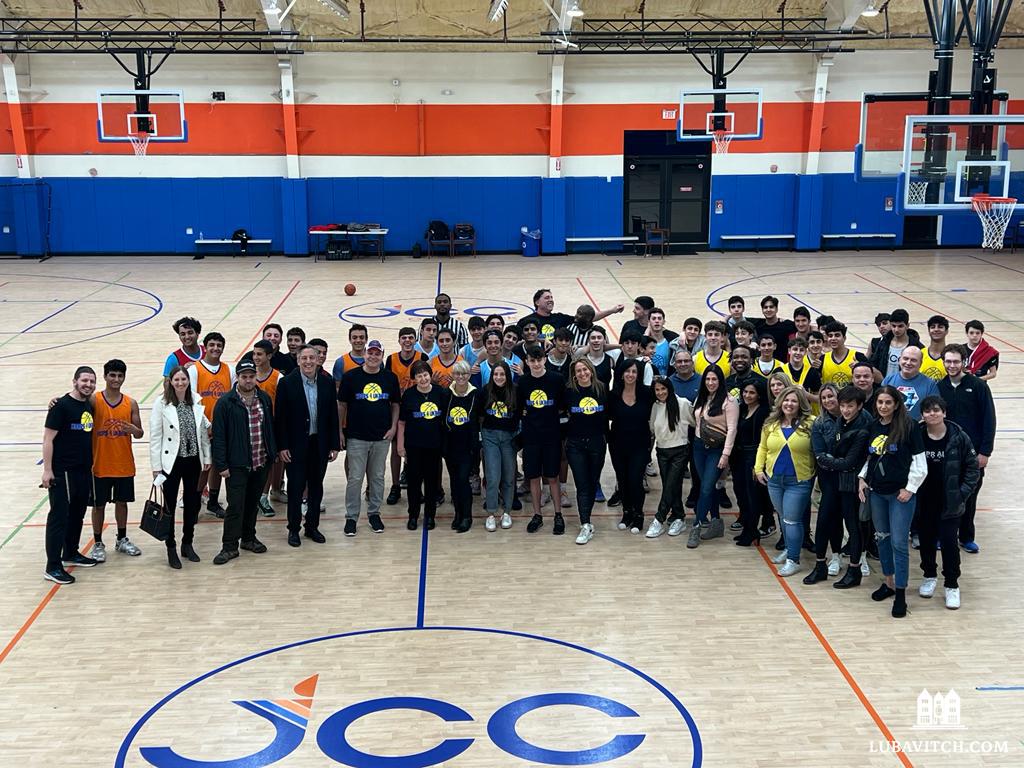
“Basketball is incredibly popular in Great Neck, and everyone wants to sign up to a youth league,” explains Chana Geisinsky, who directs Chabad of Great Neck with her husband Rabbi Yoseph Y. Geisinky. “Years ago, if a Jewish kid wanted to play in a basketball league in Great Neck, the only place they could do so was in the gym of a local church, and the games would take place on Shabbat.”
Great Neck’s Jewish youth needed a way to get together, so Rabbi Geisinsky rented space from the local public school and launched the Jewish Youth League specifically for them. With no membership or congregational affiliation necessary, JYL soon became popular with local Jewish people of varied backgrounds.
“In addition to developing their basketball skills, the JCC is a really good opportunity for my children to expand their Jewish network outside of the synagogue and school setting, while having fun along the way,” said Ramin Kamali, a local Jewish parent. “The Jewish Youth League has strengthened my family’s connection with the JCC and our love for Chabad.”
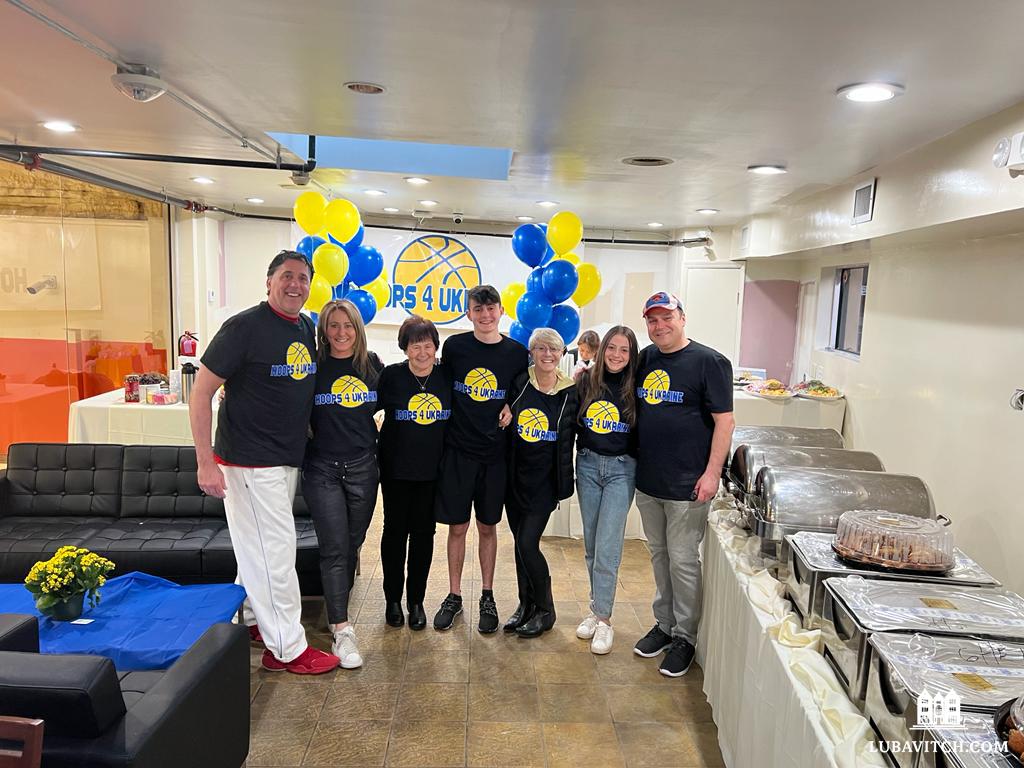
It quickly and organically grew into a community-uniting space, bridging the gaps of institutional affiliation that so often exist. “If someone in the community was sick, we would gather to say Tehillim (Psalms) as a JYL activity,” said Chana Geisinsky. “It really united the community.”
But renting a public school’s grounds was far from ideal, and as demand continued to soar, Chabad sought a permanent space. When the Kings Point Tennis Center was put up for sale, Chabad launched a building campaign, purchased the property, and gut-renovated it into a beautiful and inclusive community gathering space.
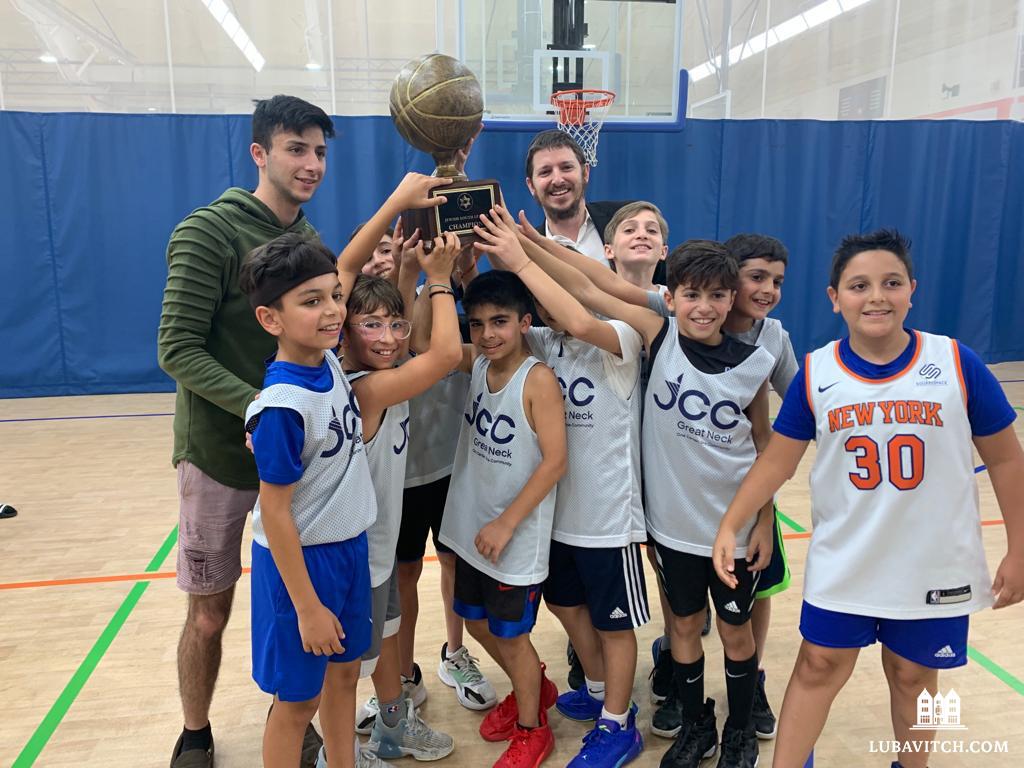
The building’s central feature are the two full-sized basketball courts, which are used for boys’ and girls’ youth basketball leagues as well as men’s over- and under-30 leagues. There are women’s and youth pickleball, soccer, and flag football leagues. There are coaches, referees, uniforms and championship trophies. There’s a party room and a cafe serving snacks and chalav Yisrael soft serve ice cream. There is everything, in other words, that you’d expect to find in a state-of-the-art JCC — and there is also an infusion of Jewish pride and practice throughout.
Every Tuesday night there is a 9:00 Torah class with Rabbi Zevy Geisinsky, followed by two hours of open gym — free to anyone attending the class. Every Thursday, middle school students gather to study Torah, enjoy a slice or two of New York City pizza, and shoot some hoops.
“The JCC attracts people who might never be comfortable walking into a synagogue,” Chana Geisinsky says. “It creates a safe, wholesome and welcoming avenue for connection and community.”
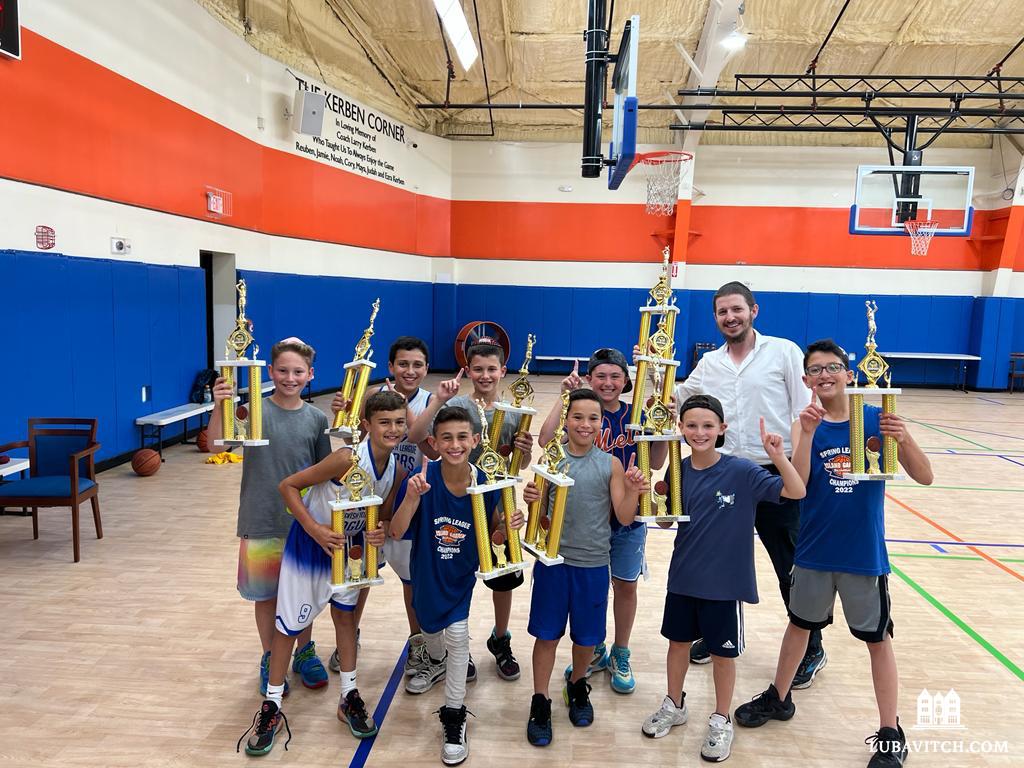
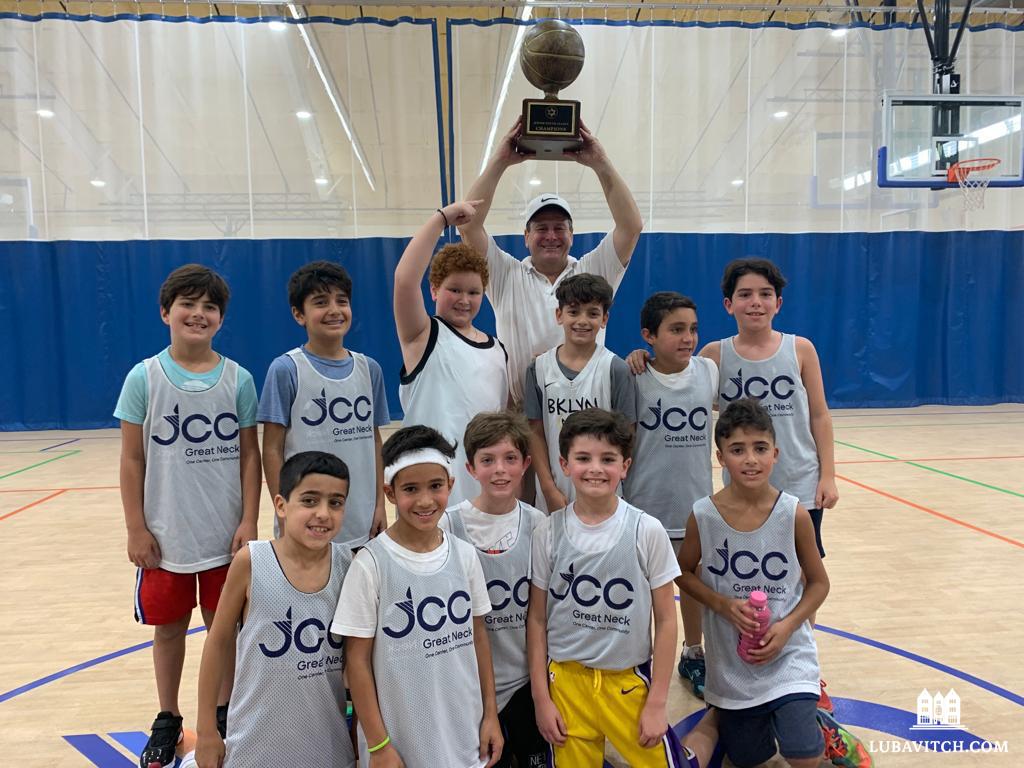


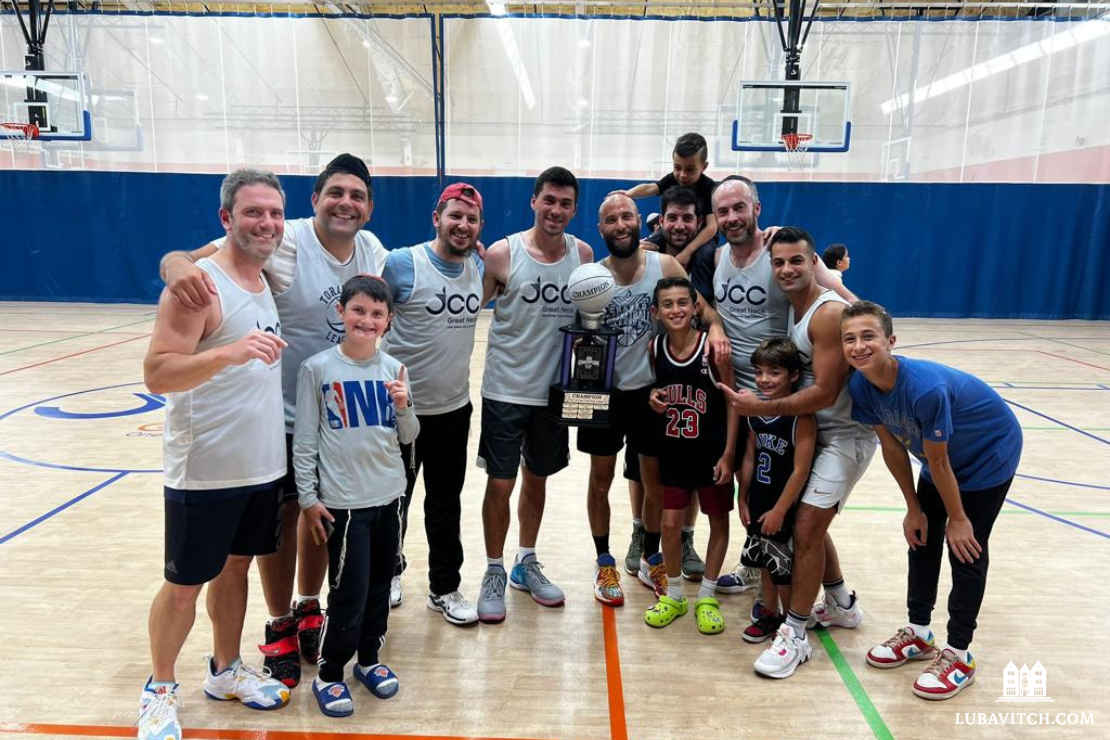
Be the first to write a comment.